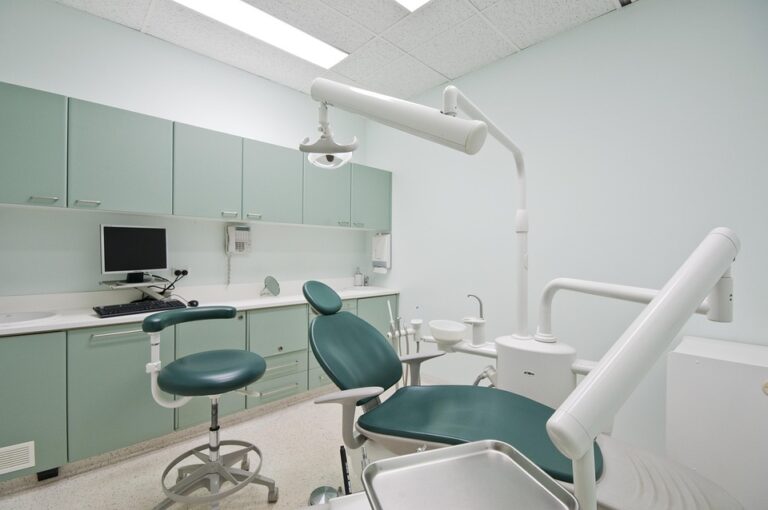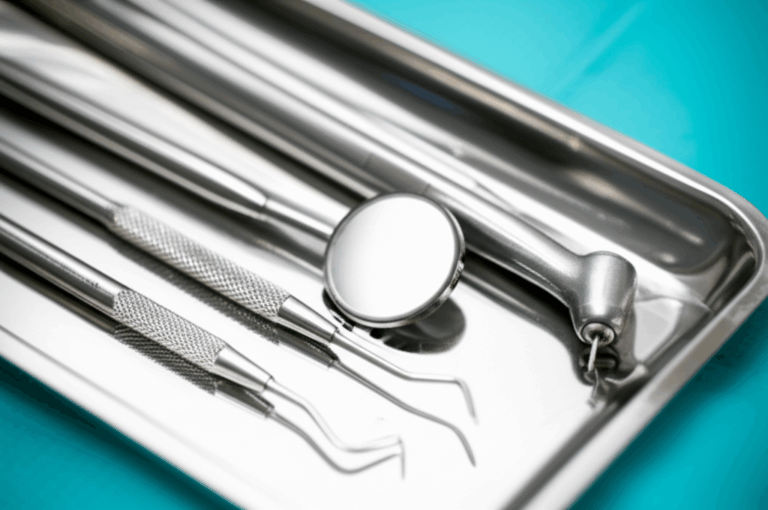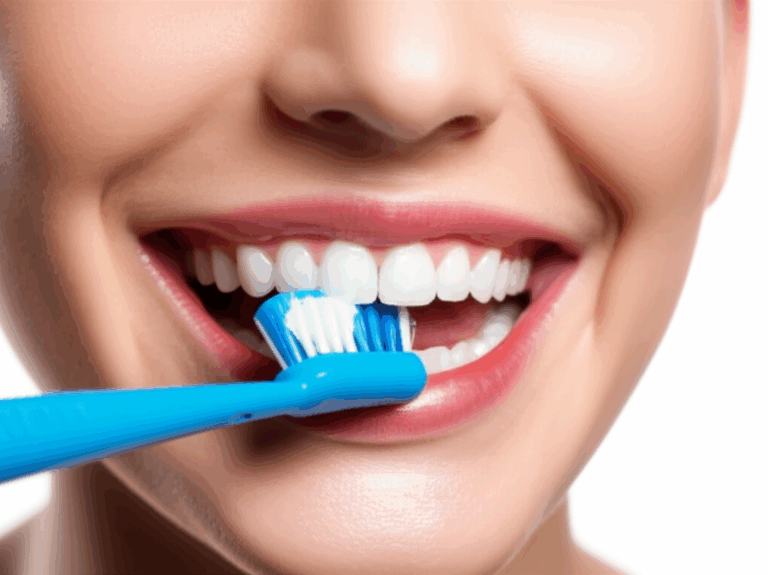
How Much Does Nuvia Dental Implants Cost
Thinking about dental implants can make you nervous—especially about the cost. You might be asking: How much do Nuvia dental implants cost? Are they cheaper than other choices? What’s the deal with Nuvia’s “teeth in 24 hours” promise? I’ve spent way too much time looking up dental costs, so I get it. There’s a lot of talk and even more confusion. In this post, I’ll explain real prices, any surprise charges, and all the things that change how much you really pay for a new Nuvia smile.
Why read this guide? Simple. You don’t want to be caught off guard by prices or end up with a bill bigger than your whole vacation. I’ll share true stories, easy tips, and simple advice from real people—plus what you should check before you agree to anything.
Outline
- What Exactly Are Nuvia Dental Implants?
- Why Do People Choose Nuvia Over Other Implants?
- What’s Included in a Nuvia Implant Package?
- How Much Does Nuvia Dental Implants Cost on Average?
- What Factors Affect the Cost of Nuvia Dental Implants?
- Do Nuvia Dental Implants Cost More Than Traditional Implants?
- Does Insurance Help Cover Nuvia Dental Implants?
- Are There Any Hidden Fees or Extra Expenses?
- Can You Lower the Cost of Nuvia Implants?
- Where Do China Dental Labs, Zirconia Labs, and Emax Labs Fit In?
- Is the Investment Worth the Price?
- Key Takeaways: What Should You Remember About Nuvia Dental Implant Costs?
What Exactly Are Nuvia Dental Implants?
If dental implants are new to you, here’s the simple version: Nuvia does full-mouth implant solutions. Think of it as a long-term fix that replaces loose dentures or missing teeth with a new smile that looks real. Instead of just one tooth, Nuvia offers an “all-on-four” implant. That means all your upper or lower teeth are replaced at once.
What makes them different? Nuvia is famous for giving people new, fixed teeth in about 24 hours. When most places make you wait weeks or months, Nuvia is super quick.
I remember sitting in a meeting room, looking at a jaw model, amazed at how quick the surgery could be. It sounds almost too good, right? Let’s look closer.
Why Do People Choose Nuvia Over Other Implants?
Honestly, speed is a big deal. Waiting months for new teeth just isn’t possible for some people. Nuvia saw that people just want their smiles back fast—and built their whole system around speed, not skipping steps (at least that’s what they say).
Another reason? Comfort. Nuvia promises you don’t have to wear temporary dentures or “flippers” while you wait. You come in with dental problems and leave the next day with fixed teeth.
From what I found, people also really like how their new teeth look. Nuvia uses good materials—like zirconia or special plastic—from trusted labs. The same labs (like a zirconia lab or even a 3d dental lab) that top dentists use.
What’s Included in a Nuvia Implant Package?
You might want to compare implant prices the way you shop for a new phone, but it’s not that simple. With Nuvia, most deals include:
- Full dental checkups and 3D scans
- The surgery itself (putting in 4–6 implants per row)
- Medicine to keep you asleep or relaxed (so you don’t feel pain)
- Temporary teeth (so you’re never without teeth)
- Permanent teeth (usually zirconia, made in a well-rated zirconia lab)
- Follow-up appointments and check-ins
Some places add on “extras” like bone grafts or sinus lifts. If you need those, it costs more. I always say: ask for a detailed bill before you decide.
How Much Does Nuvia Dental Implants Cost on Average?
Now for the big question: how much do Nuvia dental implants cost? Most people pay between $20,000 and $30,000 for each row of teeth. So if you need both upper and lower jaws done, you’re looking at $40,000 to $60,000. Yikes, right?
But don’t panic, because most big-name implant centers charge about the same or more. Single-tooth implants are a lot cheaper, but Nuvia doesn’t focus on those.
Some Nuvia patients say they paid closer to $18,000 for one row, but that depends on where you live, your dentist, and how tough your case is. Big cities usually cost more than small towns.
What Factors Affect the Cost of Nuvia Dental Implants?
Implant prices aren’t the same for everyone. Here’s what can change your price:
- Location: Dental work is cheaper in some areas. Big cities like New York or Los Angeles are often more expensive.
- Bone health: If your jawbone is thin or weak, you might need bone grafts. That’s extra.
- Number of implants: Some people only need four implants per row. Others need six.
- Lab choice: If your dentist uses a fancy zirconia lab, emax dental lab, or 3D dental lab for the teeth, the materials can cost more.
- Follow-up care: More check-ins or repairs can mean extra fees—but it may help your teeth last longer.
If you need teeth pulled before your implants, that costs more too. Always ask for a full price list so you know where your money goes.
Do Nuvia Dental Implants Cost More Than Traditional Implants?
You might wonder if Nuvia charges more for their fast process. In my experience, their prices fit inside the usual range for “all on four” or full sets of implants. Some super high-end places charge even more—over $35,000 per row.
If you only need one or two teeth, regular implants can be cheaper. But if you need a whole row, Nuvia’s all-in-one price can actually save you money compared to lots of single-tooth surgeries.
Also, you have to think about missing work and travel for lots of appointments. Nuvia’s fast service can mean fewer days off and less stress. That’s worth something, even if the first price seems scary.
Does Insurance Help Cover Nuvia Dental Implants?
This is where most people get upset. Dental insurance covers very little of implant prices—Nuvia included. Many plans call implants “cosmetic” or not needed. They may pay a bit for pulling teeth or putting you to sleep, but don’t expect them to pay much here.
Some plans help out if your implant is considered “medically needed”—like after a bad accident. Even then, they usually stop at $1,500 or so. That means most people have to pay the rest or set up a payment plan.
Still, it’s always good to ask your insurance what they’ll help with. Also, ask Nuvia for an estimate you can give to your insurance. Sometimes, you might get lucky and get a bit back.
Are There Any Hidden Fees or Extra Expenses?
Watch out—sneaky, surprise costs can show up if you aren’t careful. For example, did you know that putting you to sleep can be a separate bill? Or that your temporary teeth might not be part of the “main” price?
Picking fancier teeth from an emax dental lab (if you want the most natural look) or needing special changes can raise your price. Any repairs, changes, or extra cleanings? Sometimes not included.
But you can control this. Always ask for a written, detailed estimate. If something sounds unclear (“custom abutments” or “lab fees”), ask exactly what it is. That’s your right.
Can You Lower the Cost of Nuvia Implants?
Let’s get to the good news. Yes, it’s pricey—but there are ways to make it easier if you plan well.
First, ask if Nuvia does payment plans. Many places let you pay over months or even years. Some outside lenders also have loans just for medical or dental care.
Second, check around. Sometimes, one Nuvia clinic in your city charges less than another. Think about traveling if it saves you a lot—even with flights or hotels, it might be cheaper overall.
Last, ask if they offer “lab-direct” savings or discounts for off-peak surgery times. Some clinics save money by working with a china dental lab or buying materials in bulk, and they might share those savings with you. Every bit counts.
Where Do China Dental Labs, Zirconia Labs, and Emax Labs Fit In?
This is where the stuff your teeth are made from matters—a lot. Nuvia usually uses top quality materials from a 3D dental lab, zirconia lab, or emax dental lab. These labs make the teeth you’ll wear, and what they use changes the look and the bill.
Some dentists prefer a china dental lab to make affordable zirconia or emax teeth. The tradeoff? It might take a little longer for shipping, though the savings can be big.
If what your teeth are made of is really important to you, talk about it early. Ask: “Will you use a zirconia lab, emax dental lab, or 3D dental lab for my teeth?” These choices change how strong your teeth are, how they look, and how much care they need. Cheaper labs can cost less, but make sure your teeth will last.
Is the Investment Worth the Price?
Let’s be honest: dental implants cost a lot, no matter where you go. For many people, Nuvia’s higher price comes from the speed of getting great new teeth in about a day. If missing teeth or loose dentures make eating, talking, or even smiling hard, getting confidence and comfort back can be worth every penny.
But—don’t rush your choice. Think long and hard about your dental needs, your budget, and how much you care about fast results.
I’ve seen people smile with confidence after implants, saying it changed their lives. But I’ve also heard people complain after being surprised by extra costs or moving too fast. Do your homework, ask tough questions, get a second opinion if you want, and don’t be afraid to walk away if something doesn’t feel right.
Key Takeaways: What Should You Remember About Nuvia Dental Implant Costs?
- Nuvia dental implants cost about $20,000–$30,000 for each row of teeth, or $40,000–$60,000 for a full mouth.
- The price usually includes everything—scans, surgery, temporary, and permanent teeth—but always get a written, detailed estimate.
- The real cost can be higher if you need bone grafts, teeth pulled, or special requests like teeth from a high-end zirconia or emax dental lab.
- Insurance covers very little, so be ready to pay yourself or use a payment plan.
- Ask about which lab will make your new teeth—a trusted china dental lab, zirconia lab, emax dental lab, or 3D dental lab can affect quality and cost.
- Shopping around and getting quotes from more than one place can save you a lot of money.
- Think about value, not just speed or the name. The right dental care will help you for many years.
If you’re seriously thinking about Nuvia dental implants, use this guide to help you ask the right questions and avoid surprises. Remember: a great smile is an investment, not just a buy. Make the choice that’s best for you.








